10 Outdated Beliefs About Aging That You Need to Unlearn

Getting older doesn’t mean becoming irrelevant, fragile, or unhappy. Yet for generations, society has clung to myths about aging that distort how we view life after 50. These outdated beliefs not only diminish the experiences of older adults—they can also shape how we age ourselves.
1. You’ll Automatically Get Frail and Weak
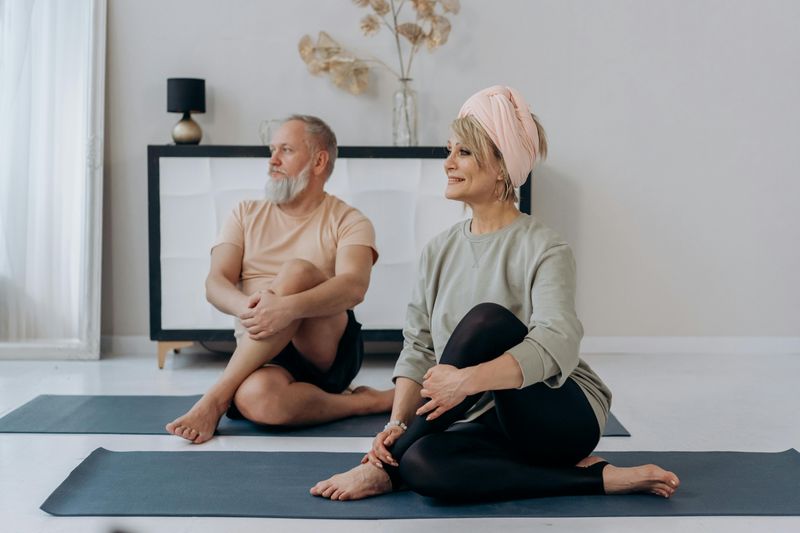
The idea that aging inevitably leads to physical deterioration is more fear than fact. While the body does change with time, strength and mobility can be preserved—and even improved—with consistent effort. Regular movement, strength training, and stretching are powerful tools for staying fit well into your later years.
In fact, many older adults run marathons, lift weights, or take up yoga for the first time in their 60s or 70s. Aging isn’t a sentence—it’s an invitation to stay active in new ways. Frailty isn’t automatic. Lifestyle choices matter more than age alone.
2. Memory Loss Is Inevitable
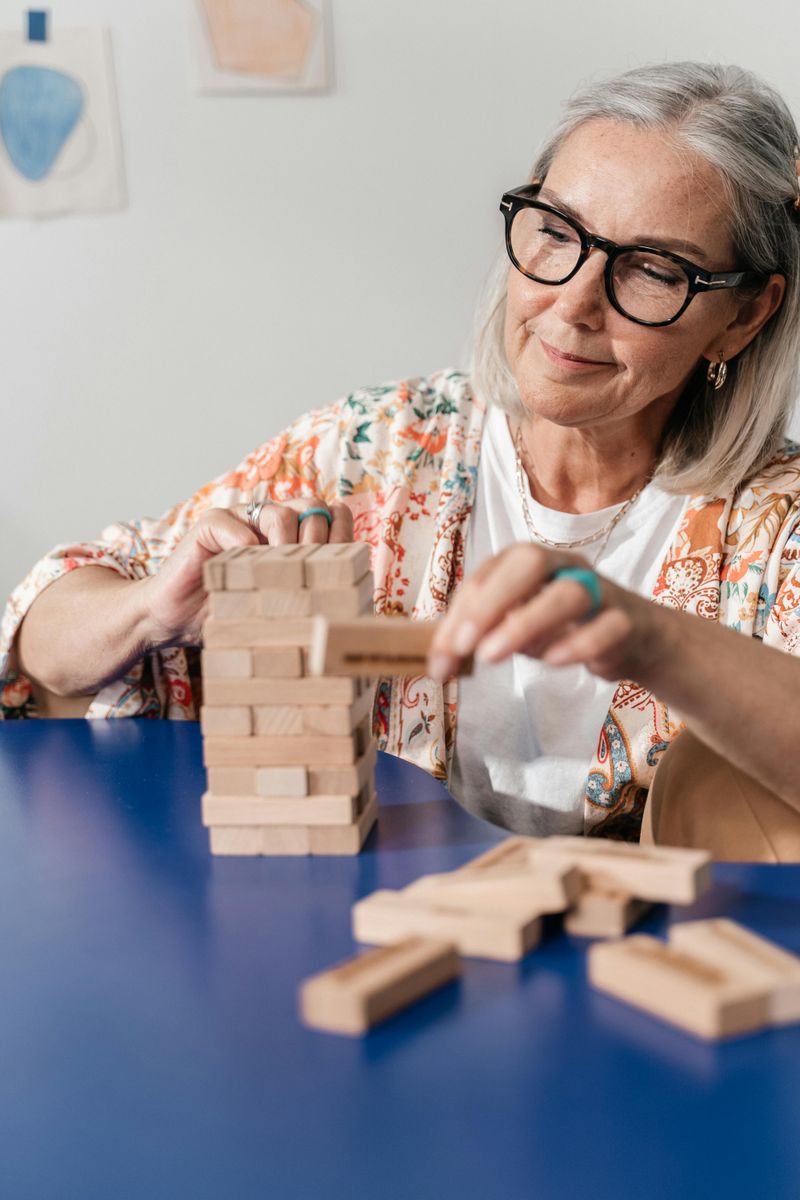
Mild forgetfulness can happen at any age, but it’s a myth that significant memory decline is an unavoidable part of getting older. What we often label as “senior moments” may actually stem from stress, poor sleep, or distraction—not aging itself.
Plenty of research shows that mental sharpness can be maintained with good habits. Puzzles, reading, social interaction, and learning new skills all help keep the brain in shape. Don’t mistake common distractions or occasional forgetfulness for cognitive decline. Aging brains are capable of growth, adaptation, and lifelong learning.
3. You Can’t Learn New Things After a Certain Age
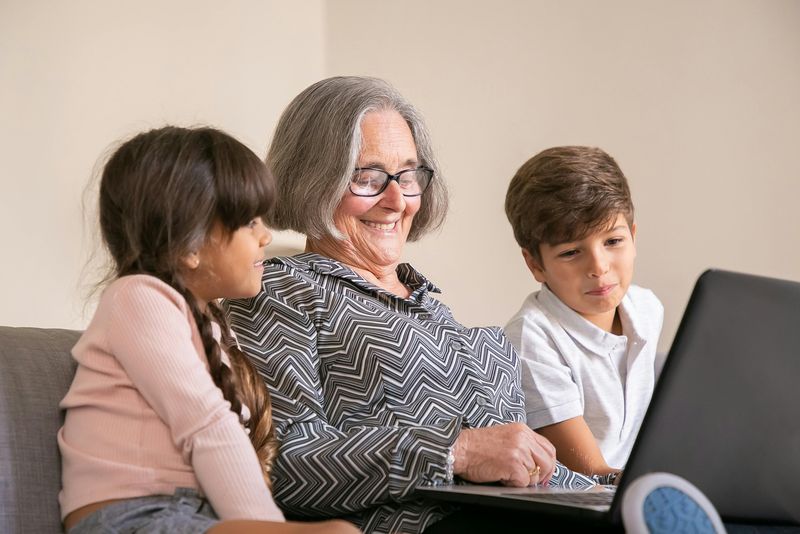
Plenty of people believe that learning peaks in your youth, but that’s simply untrue. Older adults are enrolling in college, mastering new languages, and picking up skills like photography or coding every day. The brain remains adaptable—thanks to neuroplasticity—no matter how many candles are on your birthday cake.
Your ability to learn may shift with age, but it doesn’t disappear. In some ways, maturity can make learning more focused and meaningful. Curiosity doesn’t retire, and there’s no expiration date on expanding your knowledge or starting something new.
4. Older Adults Don’t Need Intimacy or Romance

Many assume that romance and intimacy fade with age, but emotional and physical closeness continue to play an important role throughout life. Love doesn’t vanish after 60—it often grows deeper, more meaningful, and more emotionally connected.
In fact, older adults often report higher relationship satisfaction than younger couples. From companionship to passion, intimacy is still very much on the table. This belief is more about societal discomfort than reality. Everyone deserves affection and connection, no matter their age.
5. Everyone Over 60 Is Bad With Technology
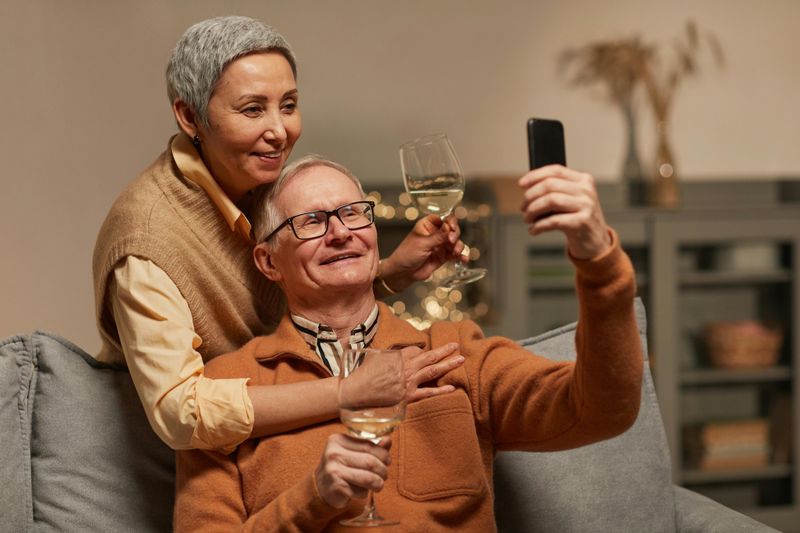
It’s easy to joke that older folks can’t use smartphones, but this stereotype just doesn’t hold up. Today’s seniors are video-calling family, managing smart homes, and running online businesses. Many are self-taught and incredibly resourceful when it comes to tech.
Being born before the digital age doesn’t mean you can’t thrive in it. In fact, older adults often approach tech with patience and purpose. Instead of dismissing them, we should recognize the diverse and growing digital skills among older generations.
6. Retirement Means You’re “Done” Contributing

Just because someone retires from a full-time job doesn’t mean they’re finished making a difference. Many people find new purpose in retirement—whether through volunteering, mentoring, starting businesses, or pursuing creative passions. Contribution doesn’t end with a career title.
Some of the most innovative, impactful work comes from people in their later years. Retirement can mark the beginning of a second act—not the closing chapter. The desire to give back and stay involved doesn’t vanish with age—it just shifts direction.
7. Older People Are Grumpy and Set in Their Ways

Grumpiness isn’t a symptom of aging—it’s a personality trait, and it exists at every age. Research shows that emotional regulation often improves as people grow older. Seniors tend to experience more emotional stability, empathy, and forgiveness than younger folks.
Being open to change isn’t exclusive to the young. Many older adults embrace new trends, ideas, and even careers. The belief that aging makes you bitter or rigid is more myth than truth. Flexibility and kindness can grow with age, not disappear.
8. You Can’t Be Stylish or Attractive After a Certain Age
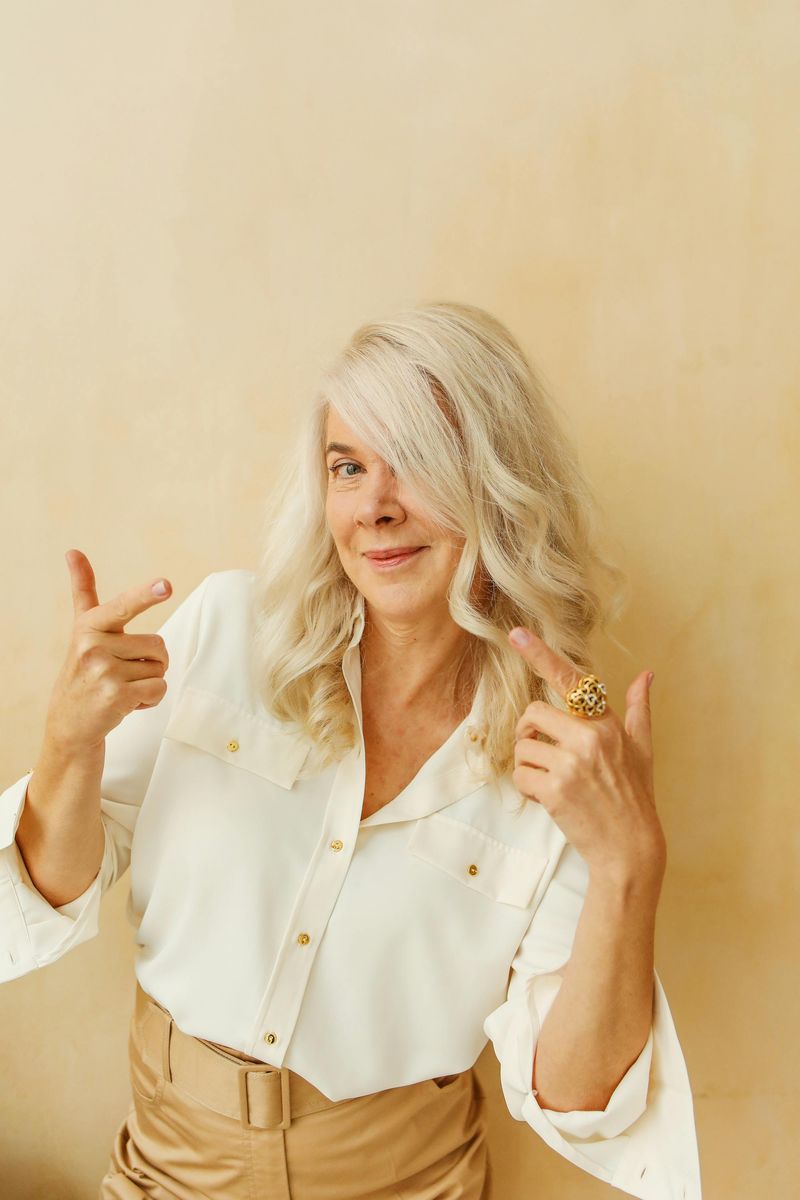
Our culture often sends the message that style has an expiration date, but that couldn’t be further from the truth. Looking good has nothing to do with being young—it’s about confidence, expression, and embracing who you are.
Older adults are redefining what it means to age with flair. From fashion bloggers in their 70s to makeup tutorials tailored to mature skin, style doesn’t have an age limit. You can be bold, elegant, edgy, or anything you choose—at any stage of life.
9. Health Problems Are Just a Fact of Life

Getting older may come with more health risks, but chronic illness is not inevitable. Many age-related conditions can be delayed—or avoided entirely—through lifestyle choices like eating well, staying active, and managing stress.
Preventative care and early detection are also major game-changers. Rather than accepting poor health as a given, older adults are increasingly taking control of their wellness. Aging is a risk factor, not a guarantee. Healthy aging is more accessible than ever.
10. Life Gets Boring and Lonely as You Age
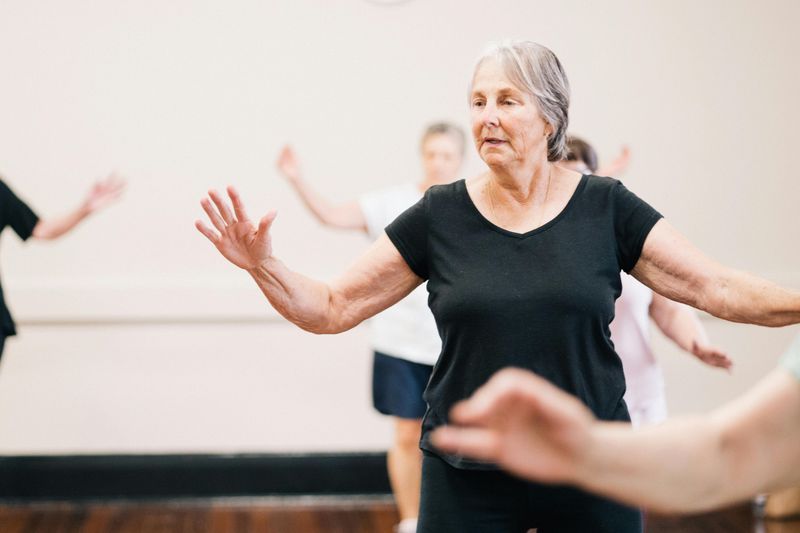
A slower pace doesn’t mean a dull life. Many older adults report feeling more content, adventurous, and socially connected than they did in earlier decades. With fewer obligations, retirement can open doors to hobbies, travel, and deep friendships.
Loneliness is real, but it’s not exclusive to older people. Community centers, clubs, online groups, and lifelong friendships help older adults stay connected. Life after 60 can be rich in joy, meaning, and connection—if we stop expecting it to be otherwise.

Comments
Loading…